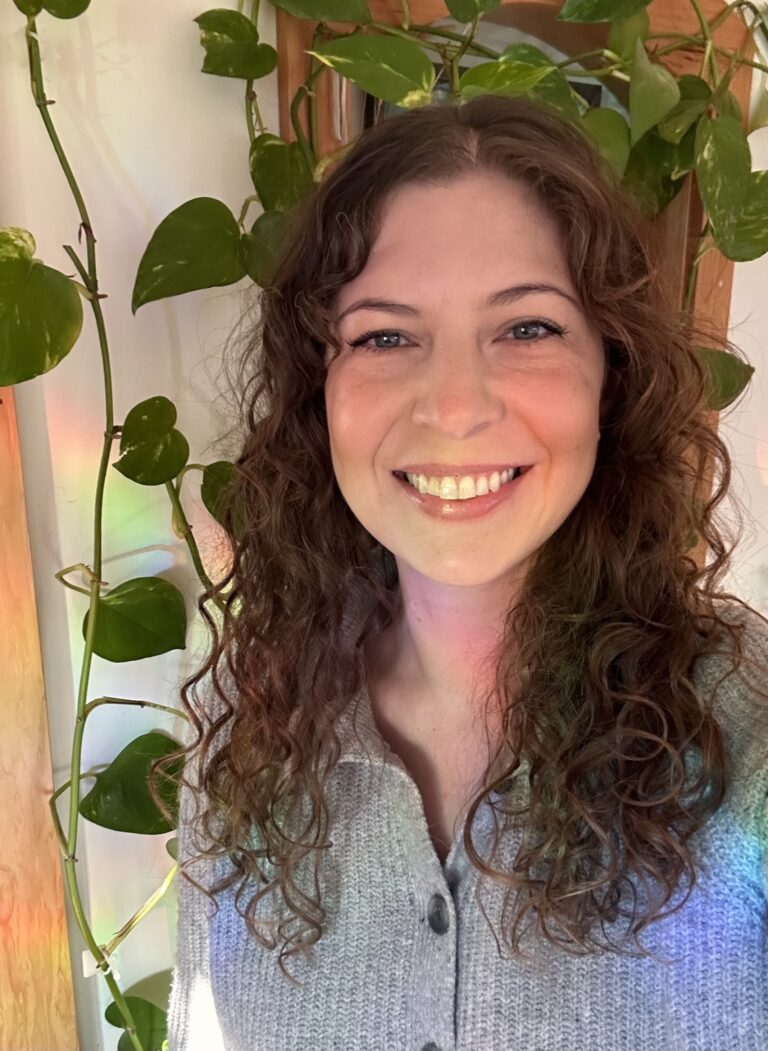Health at Every Size® Healthcare Provider Listing
Specialties & Areas of Focus:
- Assessment
- Autism Assessment
- ADHD Assessment
- Neurodiversity Assessment
- Short Term Therapy
Modalities & Theoretical Lenses:
- Anti-oppressive therapy
- Assessment
Age Groups Served:
- Adults (18 years old and up)
- Older Adults (65+ years old)
- Adults (18 years old and up)
- Older Adults (65+ years old)
Additional Populations Served & Allied Groups:
- LGBTQIA+
- Autistic
- Neurodivergent
Languages Services Offered In:
- English
- English
My Philosophy of Care
My work does not involve "fixing" anything or anyone. The goal of my work is to assist in connecting individuals to their own authenticity and to create a safe space for them to exist exactly as they are. I believe that the tenets of working with marginalized individuals should first and foremost be affirmation of their unique identities, acknowledgement and unpacking of ways they have been oppressed on interpersonal, cultural, and institutional levels, honoring of the systems and defenses they have developed to survive, and gently and safely connecting them with more authentic expressions of themselves as appropriate. I believe that this approach translates to all marginalized identities, and I use an anti-oppressive framework in all of my client interactions.
About Me & My Practice
I am a queer AuDHD (autism + ADHD) psychologist who is passionate about working with adults of all ages. I have expertise in anxiety, depression, trauma, disordered eating, chronic pain, chronic illness, and adjustment to disability. I also have an understanding of the nuanced discrimination that individuals with neurodivergencies and both apparent and non-apparent disabilities face on a regular basis, and I aim to support my clients in coping with these stressors and reaching a place of empowerment.
My assessment process is different from most of what you'll find out there. As an alternative to the pathologizing and deficit-based approach used in most neuropsychological assessments, my process is designed to be supportive and collaborative. It is very important to me that by the end of the assessment, you have a thorough understanding of how I came to a diagnosis and you feel included in the process.
I first encountered the HAES® framework in graduate school and it was an easy sell for me, as it is aligned with everything I believe about personal and bodily autonomy. I have been incorporating its principles in my professional work and personal life since then.
My biggest personal interests revolve around food: cooking, learning, and most importantly, eating. I live in Austin, TX with my wife, our 3 kids, 2 cats, and 1 dog.
My assessment process is different from most of what you'll find out there. As an alternative to the pathologizing and deficit-based approach used in most neuropsychological assessments, my process is designed to be supportive and collaborative. It is very important to me that by the end of the assessment, you have a thorough understanding of how I came to a diagnosis and you feel included in the process.
I first encountered the HAES® framework in graduate school and it was an easy sell for me, as it is aligned with everything I believe about personal and bodily autonomy. I have been incorporating its principles in my professional work and personal life since then.
My biggest personal interests revolve around food: cooking, learning, and most importantly, eating. I live in Austin, TX with my wife, our 3 kids, 2 cats, and 1 dog.
Accessibility Considerations
My practice is remote and easily accessible via computer or phone. I am happy to provide specific accommodations on a case-by-case basis.
